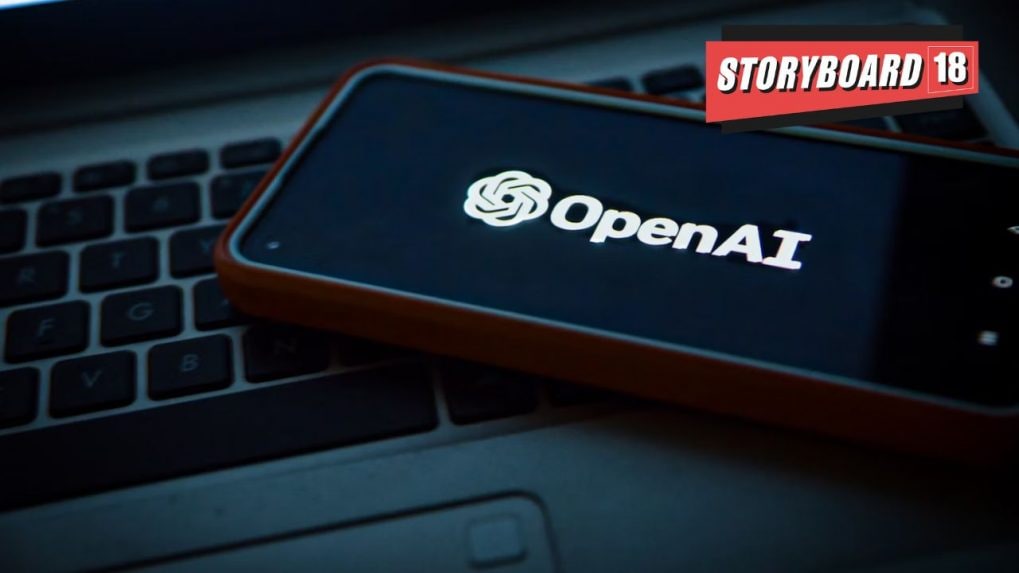ANI vs. OpenAI case: IGAP flags licensing burden on AI developers before Delhi HC
Senior Counsel Akhil Sibal, representing IGAP, emphasized that the case has far-reaching implications for India’s AI ecosystem.
ADVERTISEMENT
The Delhi High Court bench of Justice Amit Bansal on Tuesday continued to examine an intervention application filed by the Indian Governance and Policy Project (IGAP), a think tank focused on public policy, governance, and technology law. The intervention comes amid the high-profile intellectual property dispute between ANI Media Pvt. Ltd. and OpenAI Inc., concerning the alleged unauthorized use of copyrighted news articles to train large language models (LLMs) like ChatGPT.
Senior Counsel Akhil Sibal, representing IGAP, emphasized that the case has far-reaching implications for India’s AI ecosystem. “The world is still in the early stages of AI adoption,” Sibal argued, citing a PwC report estimating that AI could contribute up to $15.7 trillion to the global economy by 2030, with $6.6 trillion from productivity gains and $9.1 trillion from consumption-side effects. He highlighted the Indian government’s intention to develop its own LLMs, including vernacular models supporting more than 20 key Indian languages, as noted in an Ernst & Young report.
The intervention stresses that the court’s ruling could significantly influence the development of AI in India. According to IGAP, if ANI Media’s position is upheld, it could “undoubtedly hinder AI’s growth” by restricting the ability to train LLMs on copyrighted materials. The NITI Aayog has previously highlighted the potential of AI to drive societal benefits across healthcare, agriculture, education, smart cities, and transportation, all of which depend on processing large volumes of data.
IGAP also underscored the economic stakes. A joint report by BCG and IIM Ahmedabad suggests that successful AI adoption could boost India’s GDP growth by up to 1.4 percentage points annually and generate between INR 1.5 to 2.5 trillion in incremental pre-tax profit for the top 500 companies over five years. A court decision limiting the use of copyrighted content could jeopardize these gains.
The intervention highlighted that LLM development within India is critical not just for economic reasons but also to ensure culturally relevant AI models that reflect India’s national identity and local languages. In-country AI training also mitigates biases that could arise from foreign datasets and model designs, and avoids the risks associated with importing foreign AI models.
IGAP warned that requiring licenses for every copyrighted work used in training LLMs is impractical. The sheer volume of content makes clearance costs prohibitive, creating barriers to innovation and technological adoption. The think tank pointed to historical precedents, noting that even the U.S. Supreme Court in 1984 recognized the need for caution when applying traditional copyright laws to rapidly evolving technologies.
Citing public interest considerations, IGAP stressed that any injunction limiting the non-consumptive use of copyrighted material for AI training could hinder access to advanced tools that serve societal and economic goals. The submission urged the court to take a measured approach, suggesting that Parliament is better positioned to balance these competing interests in light of India’s AI ambitions.
The intervention comes at a critical time for India’s AI strategy. In his opening address at the 2025 AI Action Summit in Paris, Prime Minister Narendra Modi highlighted India’s efforts to develop AI for public good, leveraging its large talent pool, diverse linguistic landscape, and innovative public-private partnerships to support research and start-ups.
The matter will be heard again on October 17.

